
13 Feb 2007

The Red Elvis
A documentary on the late American entertainer Dean Reed, who became a huge star in East Germany after settling there in 1973.

13 Feb 2007

A documentary on the late American entertainer Dean Reed, who became a huge star in East Germany after settling there in 1973.

25 Jun 2004

Michael Moore's view on how the Bush administration allegedly used the tragic events on 9/11 to push forward its agenda for unjust wars in Afghanistan and Iraq.

15 Oct 1983

The impact of Marx on the 20th century has been all-pervasive and world-wide. This program looks at the man, at the roots of his philosophy, at the causes and explanations of his philosophical development, and at its most direct outcome: the failed Soviet Union.
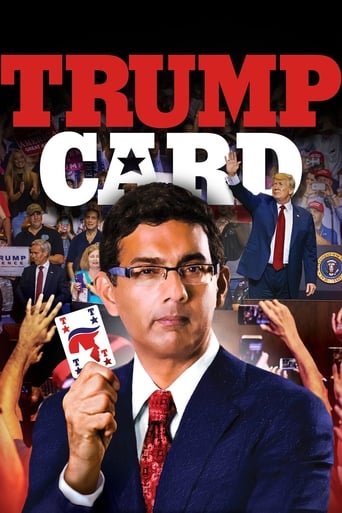
07 Aug 2020

Trump Card is an expose of the socialism, corruption and gangsterization that now define the Democratic Party. Whether it is the creeping socialism of Joe Biden or the overt socialism of Bernie Sanders, the film reveals what is unique about modern socialism, who is behind it, why it’s evil, and how we can work together with President Trump to stop it.
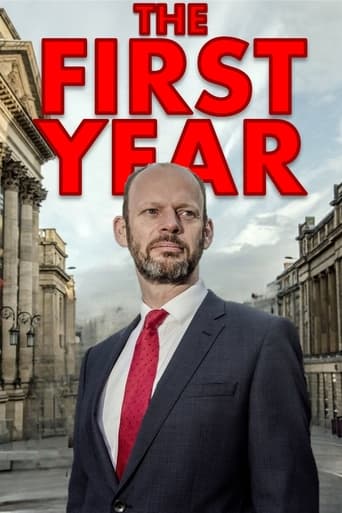
18 Nov 2021

The First Year tells the inside story of Jamie Driscoll’s first 12 months as the new North of Tyne Mayor.
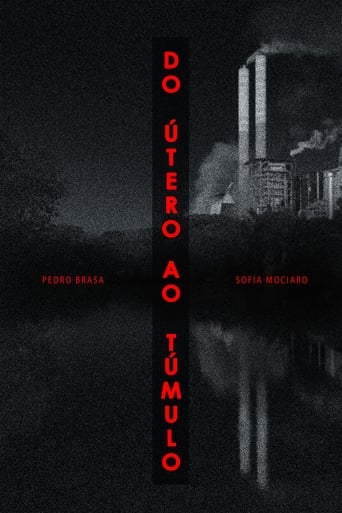
06 Dec 2022

No overview found
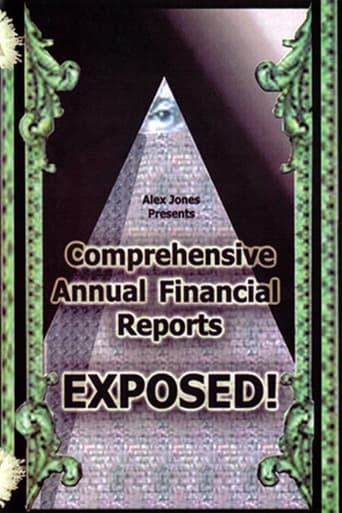
01 Jan 2001

Alex Jones interviews Walter Burien, commodity trading adviser (CTA) of 15 years about the biggest game in town. There are over 85,000 federal and regional governmental institutions: school districts, water and power authorities, county and city governments – and they own over 70 percent of the stock market.
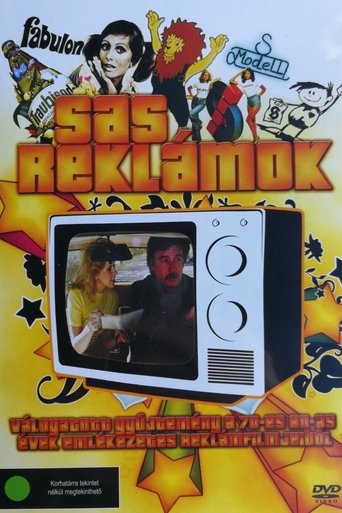
01 Jan 1972

No overview found
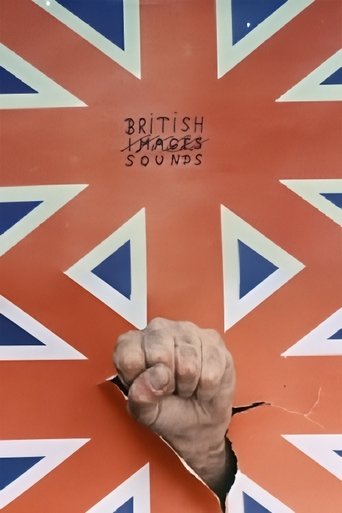
21 May 1970

Jean-Luc Godard brings his firebrand political cinema to the UK, exploring the revolutionary signals in late '60s British society. Constructed as a montage of various disconnected political acts (in line with Godard's then appropriation of Soviet director Dziga Vertov's agitprop techniques), it combines a diverse range of footage, from students discussing The Beatles to the production line at the MG factory in Oxfordshire, burnished with onscreen political sloganeering.
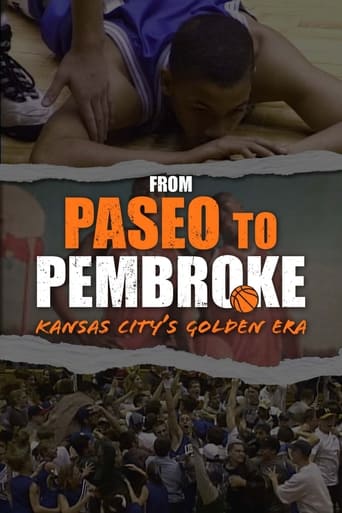
30 Sep 2021

From Paseo to Pembroke is a Kansas City documentary retrospective on the golden age of high school basketball. From '88 to '98—from the Dotte all the way to Raytown. Told by the era's premier coaches, players and media personalities.

18 Aug 2021

A documentary on the rise and fall of Project Cybersyn, an attempt at a computer-managed centralized economy undertaken in Chile during the presidency of Salvador Allende.
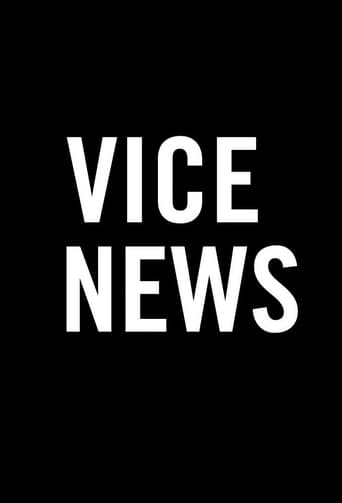
10 Jun 2022

"Jacobin founding editor, Socialist Manifesto author, and former co-chair of the Democratic Socialists for America Bhaskar Sunkara squares off with Libertarian Nick Gillespie, editor at large of Reason and host of the podcast, The Reason Interview, to determine whether capitalism is the best economic system for the country, or are we in dire need of revamp. Michael Moynihan Moderates" (Vice News).
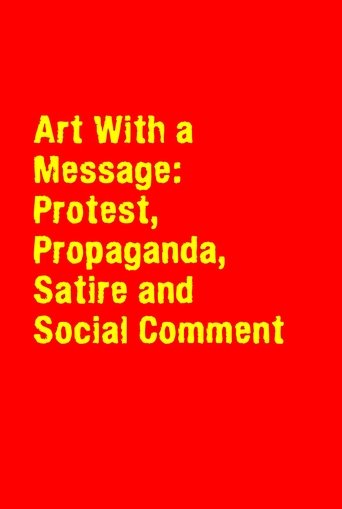
01 Jan 1988

This program investigates the ways various art forms are used to sway minds and to argue political causes. Examples include Napoleon and Hitler; artist such as Daumier, Hogarth and Shann; writers Dickens, Swift and Orwell; and pop artists who mock popular ideals.
26 Oct 1951
No overview found
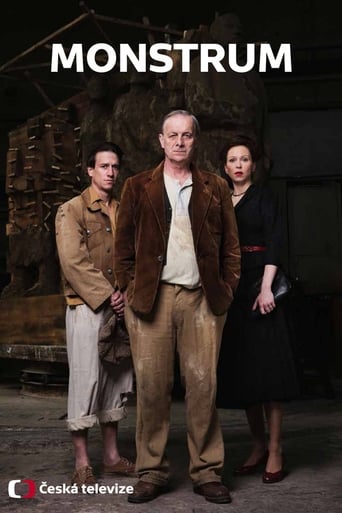
28 May 2017

No overview found
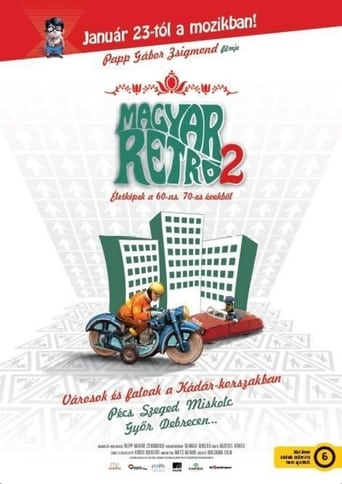
23 Jan 2014

A feature length, lively - montage style - documentary, capturing the essence of what life was like in socialist Hungary - dubbed the "The most cheerful barrack" back then - using contemporary music, interviews, adverts and news footages.

15 Sep 1973

An interview with the president of Chile conducted by Roberto Rossellini in 1971, but broadcast only after his death.

15 Jun 2024

A Experimental Docu-Drama about the Red Army Faction's formation, and events leading up to their imprisonment and death, from 1970 to 1977.
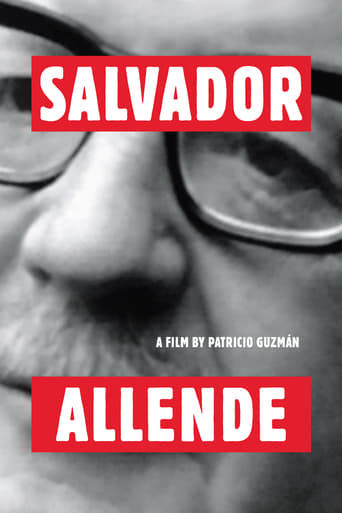
08 Sep 2004

A leftist revolutionary or a reformist democrat? A committed Marxist or a constitutionalist politician? An ethical and moral man or, as Richard Nixon called him, a "son of a bitch"? In SALVADOR ALLENDE, acclaimed Chilean filmmaker Patricio Guzmán (The Battle of Chile and Chile, Obstinate Memory) returns to his native country thirty years after the 1973 military coup that overthrew Chile's Popular Unity government to examine the life of its leader, Salvador Allende, both as a politician and a man.
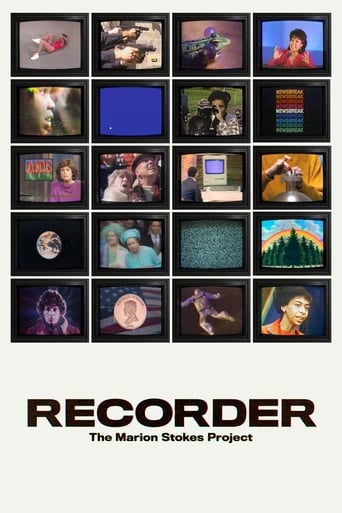
25 Apr 2019

Marion Stokes secretly recorded television 24 hours a day for 30 years from 1975 until her death in 2012. For Marion taping was a form of activism to seek the truth, and she believed that a comprehensive archive of the media would be invaluable for future generations. Her visionary and maddening project nearly tore her family apart, but now her 70,000 VHS tapes are being digitized and they'll be searchable online.